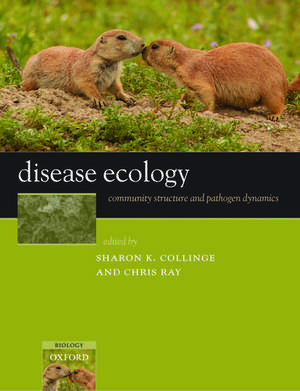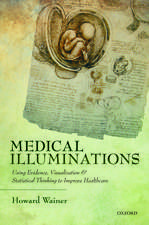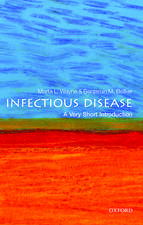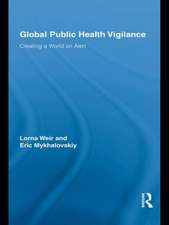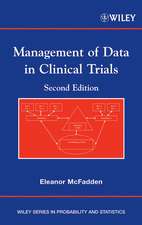Disease Ecology: Community structure and pathogen dynamics
Editat de Sharon K. Collinge, Chris Rayen Limba Engleză Paperback – 25 ian 2006
| Toate formatele și edițiile | Preț | Express |
|---|---|---|
| Paperback (1) | 498.77 lei 6-8 săpt. | |
| OUP OXFORD – 25 ian 2006 | 498.77 lei 6-8 săpt. | |
| Hardback (1) | 973.88 lei 6-8 săpt. | |
| OUP OXFORD – 25 ian 2006 | 973.88 lei 6-8 săpt. |
Preț: 498.77 lei
Preț vechi: 586.79 lei
-15% Nou
Puncte Express: 748
Preț estimativ în valută:
95.44€ • 99.91$ • 78.97£
95.44€ • 99.91$ • 78.97£
Carte tipărită la comandă
Livrare economică 05-19 aprilie
Preluare comenzi: 021 569.72.76
Specificații
ISBN-13: 9780198567080
ISBN-10: 0198567081
Pagini: 240
Ilustrații: 1 colour plate, 64 figures, plus numerous boxes and tables
Dimensiuni: 189 x 246 x 15 mm
Greutate: 0.48 kg
Editura: OUP OXFORD
Colecția OUP Oxford
Locul publicării:Oxford, United Kingdom
ISBN-10: 0198567081
Pagini: 240
Ilustrații: 1 colour plate, 64 figures, plus numerous boxes and tables
Dimensiuni: 189 x 246 x 15 mm
Greutate: 0.48 kg
Editura: OUP OXFORD
Colecția OUP Oxford
Locul publicării:Oxford, United Kingdom
Recenzii
This book is a timely statement of the areas of disease ecology where most progress is likely to be made in future.
'For those less familiar with infectious diseases the book provides fascinating insights into their ecological context..we would recommend it to any ecology student.'
'This book should be invaluable for advanced undergraduate teaching, and gives a fresh range of subjects to choose from.'
'For those less familiar with infectious diseases the book provides fascinating insights into their ecological context..we would recommend it to any ecology student.'
'This book should be invaluable for advanced undergraduate teaching, and gives a fresh range of subjects to choose from.'
Notă biografică
Dr Sharon K. Collinge's research is based primarily in grassland ecosystems of the American west, integrating theories and methods of ecology and conservation to examine how changing landscapes affect interactions among native species. Her research centres on how habitat loss and fragmentation influence species interactions, particularly those involving disease dynamics in grassland mammals. Dr Collinge received her PhD from Harvard University in landscape ecology in 1995 and has been on the faculty of the University of Colorado-Boulder since 1998.Dr Chris Ray studies the demographic and genetic dynamics of spatially structured populations. Her research includes the development and application of predictive models, and the use of long-term field studies to test theory in population biology. Dr Ray received her PhD from the University of California-Davis in population biology in 1997, has worked on threatened and endangered species management projects for the US Fish and Wildlife Service, and has been a research associate at the University of Colorado-Boulder since 2001.
